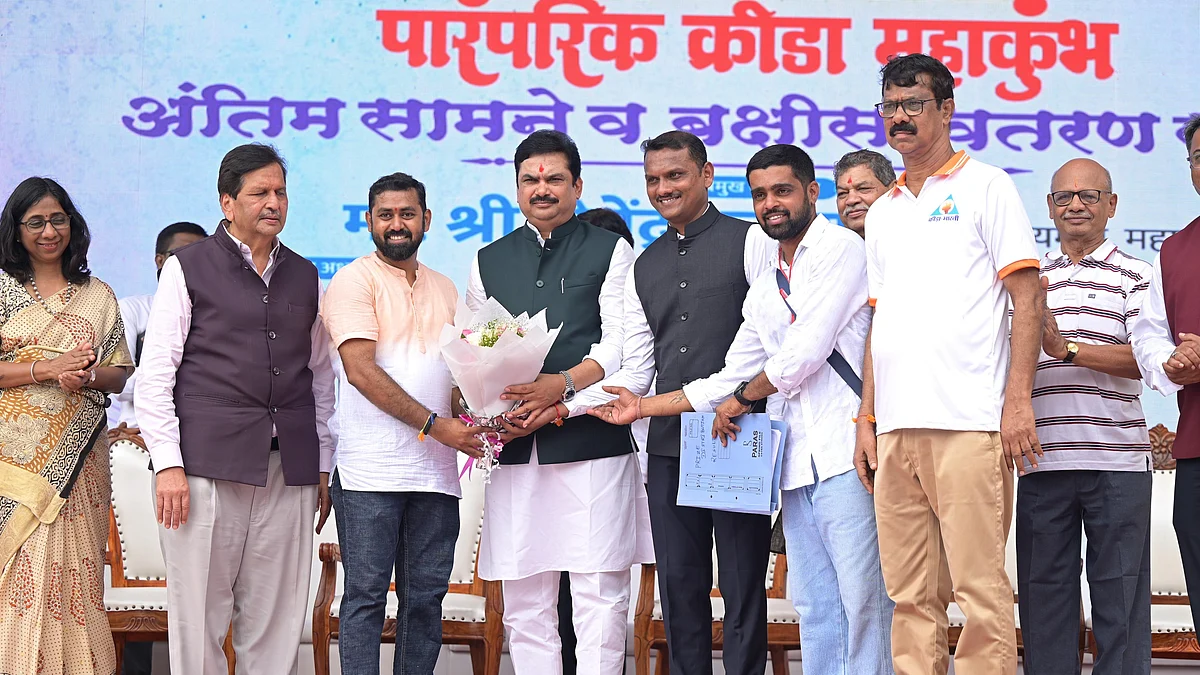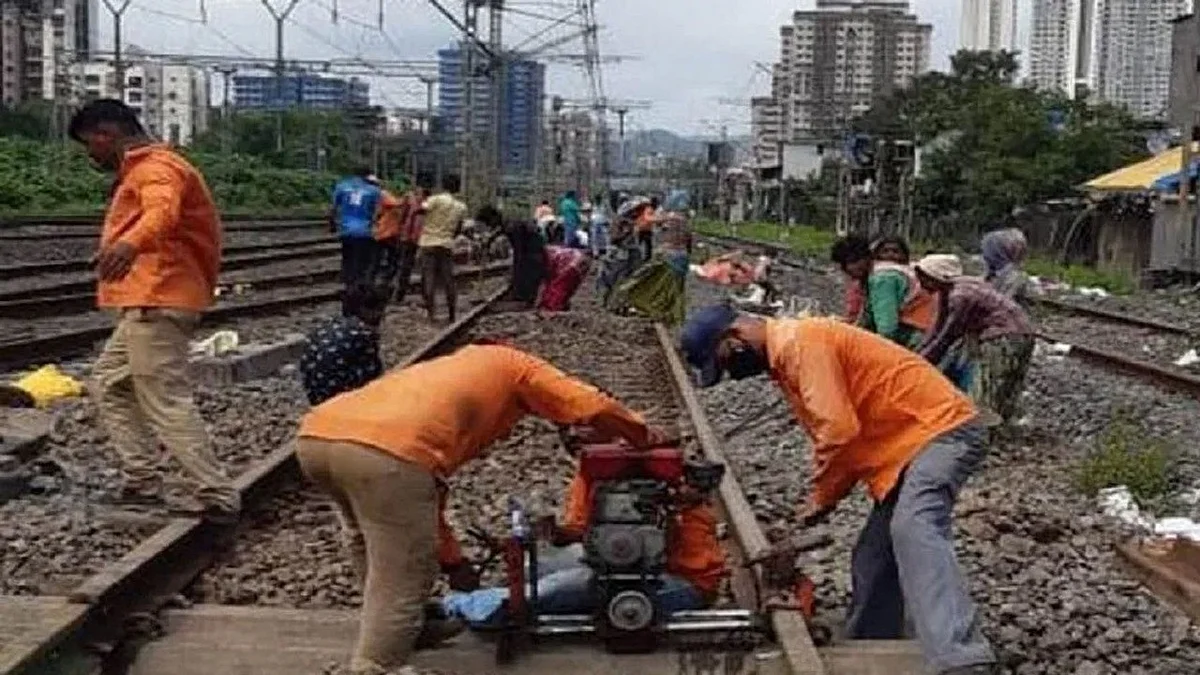Palghar, Maharashtra: As the monsoon lashes the city, infectious diseases once again pose a serious health threat to Mumbaikars. While dengue, malaria, and chikungunya are already on the rise, doctors and civic officials are warning citizens about a quieter but equally dangerous illness, leptospirosis, a bacterial infection strongly linked to waterlogging and flooding.
According to Brihanmumbai Municipal Corporation (BMC) data, 143 cases of leptospirosis were reported in July, and another 72 cases have already been confirmed in August. Doctors fear the numbers could rise further if heavy rains and waterlogging persist. Left untreated, the disease can progress rapidly, sometimes leading to kidney failure, liver damage, and even death.
What is Leptospirosis?
Leptospirosis is caused by Leptospira bacteria, found in the urine of infected rats, dogs, cattle, and other animals. These bacteria can survive for weeks in stagnant rainwater, open drains, and damp soil. When people wade through contaminated floodwater, especially if they have cuts, wounds, or even tiny abrasions on their skin—the bacteria can enter the bloodstream.
Urban conditions such as poor drainage, overflowing gutters, overflowing garbage, rodent infestation, and construction debris make city-dwellers more vulnerable than rural populations, where rainwater tends to drain away quickly.
How Does It Spread?
Walking through flooded streets, especially barefoot or with open footwear.
Contact with contaminated mud, puddles, or sewage water.
Handling objects, garbage, or soil contaminated by rat urine.
Rarely, it may spread through drinking water or food contaminated by the bacteria.
Importantly, leptospirosis does not spread directly from person to person.
Early Symptoms to Watch Out For
Doctors warn that leptospirosis often masquerades as a viral fever, making early detection tricky. Common symptoms appear within 5–14 days of exposure and include:
Fever and chills
Severe headache
Body and joint pain
Red eyes
Nausea, vomiting, or abdominal pain
Fatigue and weakness
If untreated, the disease can progress to Weil’s Syndrome within 3–5 days, with serious complications like:
Jaundice (yellowing of skin and eyes)
Kidney failure and reduced urine output
Breathlessness or chest pain
Confusion, drowsiness, or bleeding tendencies

What Doctors Say
“In Mumbai, we see a sharp rise in Leptospirosis cases every monsoon,” said Dr. Aklesh Tandekar, Head of Critical Care, Wockhardt Hospitals, Mira Road.
“The danger lies in its deceptive onset—what begins as simple fever and body ache can suddenly progress into severe liver and kidney complications. Timely hospitalisation and early initiation of treatment are crucial. People often mistake the illness for viral fever and delay seeking medical help, which worsens outcomes. If you develop a persistent fever after wading through floodwater, consult a doctor immediately and avoid self-medication.”
Diagnosis and Treatment
Leptospirosis is confirmed through lab tests such as PCR, IgM ELISA, or MAT. With early antibiotic treatment (commonly doxycycline or penicillin), patients usually recover fully within 7–10 days. Severe cases may require IV antibiotics and intensive care support. Delay in treatment increases the risk of multiple organ failure.
How to Protect Yourself and Your Family
Avoid walking through floodwater. If unavoidable, wear closed shoes or rubber boots.
Cover wounds and cuts with waterproof bandages before stepping out.
Do not allow children to play in puddles or stagnant water.
Maintain hygiene: wash feet and legs thoroughly with soap after exposure to rainwater.
Control rodents around homes, workplaces, and construction sites.
Seek medical help immediately if fever develops after exposure to floodwater.
Public Health Advisory
The BMC advises high-risk groups, including garbage workers, construction labourers, slum residents, and commuters wading through waterlogged areas, to be especially vigilant. Prophylactic antibiotics are sometimes prescribed by doctors for those frequently exposed to floodwaters, but self-medication is strongly discouraged.
As Mumbai continues to battle monsoon flooding, awareness and early diagnosis remain the strongest weapons against leptospirosis. For citizens, a simple precaution, avoiding contact with dirty rainwater whenever possible, could mean the difference between a short-lived fever and a life-threatening illness.






